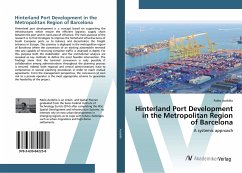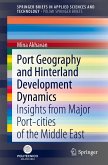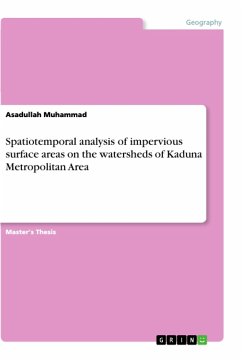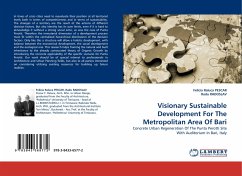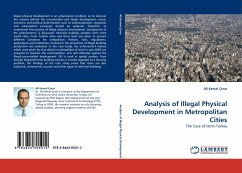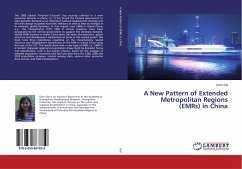Hinterland port development is a concept based on supporting the infrastructures which ensure the efficient logistics supply chain between the port and its land area of influence. The main purpose of the research is to find strategies to improve the hinterland infrastructures of South European ports as to balance and decentralize the freight entrance in Europe. This premise is deployed in the metropolitan region of Barcelona where the conversion of an existing automobile terminal into one capable of receiving container traffic is analysed in depth. For this purpose both the stakeholder- and the institutional analysis are revealed as key methods to define the most feasible intervention. The findings show that the terminal conversion is only possible if collaboration among administrations throughout the planning process is ensured. Indeed, both regional and central administrations have to compromise in several planning procedures in order to reach mutual agreements. From the management perspective, the concession at own risk to a private operator is the most appropriate scheme to guarantee the feasibility of the project.
Bitte wählen Sie Ihr Anliegen aus.
Rechnungen
Retourenschein anfordern
Bestellstatus
Storno

